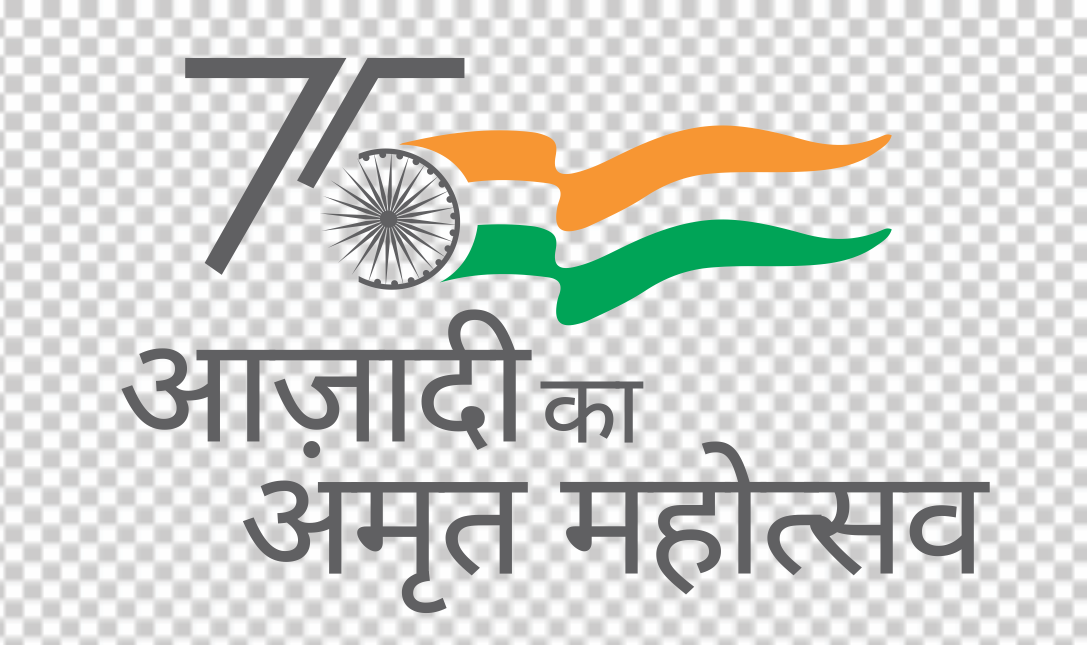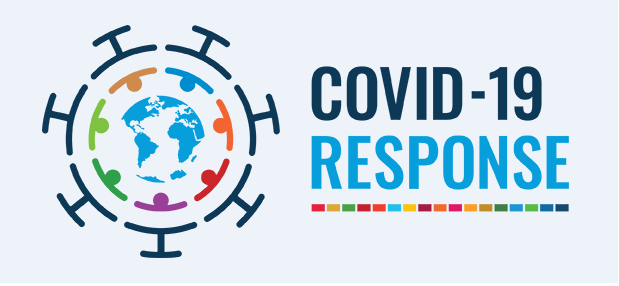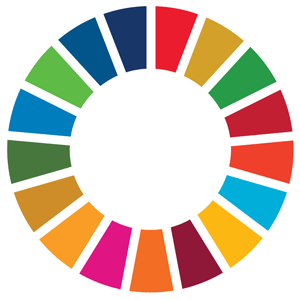Glasgow Climate Pledges : It's time to
walk the talk
Glasgow Climate Pledges : It's time to
walk the talk

Alok Sharma
President for COP26 at the Status of
Minister of State at the Cabinet Office
Member of Parliament (Conservative Party), Reading, UK
IISD's invited Distinguished Guest Blog
The Glasgow Climate Pact was a historic collective achievement, but it is a fragile win. All countries must join the race to zero emissions, and build international collaboration in critical sectors.
By the end of 2022, countries must strengthen the 2030 targets in their nationally determined contributions, taking into account different national circumstances. Businesses and civil society participation will be key
November 2021 was a pivotal moment for the planet, as the countries of the world gathered in Glasgow, United Kingdom (UK), for the United Nations (UN) Climate Change Conference, COP26. We were pleased to host Prime Minister (PM) Narendra Modi, and welcomed his announcement on India's ambitious 2030 targets and commitment to net-zero emissions.
After two years of marathon work and a two-week sprint of negotiations, we achieved our aim by agreeing to the Glasgow Climate Pact. By any measure, this is a historic agreement, and one of which all 197 parties can be proud. We can credibly say that we kept in reach our goal of limiting global warming to 1.5C above pre-industrial levels � although much more needs to be done.
COP26 was the biggest political gathering of any kind held in the UK.Glasgow hosted representatives from 194 countries, 120 world leaders, with 38,000 accredited delegates in attendance. We saw participation and crucial interventions from over 550 people of Indian society, pledging action by signing up to the UN's �global race to zero� campaign. This included businesses such as Tata Sons and ACC Cement, states such as Maharashtra, Telangana, and Tamil Nadu, and some 66 cities.From the outside, the negotiations may have appeared technocratic. But so much was at stake. They were about protecting the lives and livelihoods of those on the frontline of the climate crisis � including in India.
Science tells us the world is already, on average, 1.1 degree Celsius warmer than the levels in preindustrial times. We have seen the acute effects of this on millions of people in India and across the world through the extreme weather events and the climate stresses witnessed in the past year.
At the COP26 World Leader's Summit, we welcomed PM Modi's new pledge for India to get 50% of its power from renewables and reduce a billion tonnes of emissions by 2030; and his commitment that India will fully decarbonise its economy and achieve net-zero by 2070. The UK is committed to working with India to drive forward action to put these promises into practice, including through an �India Green Guarantee� to the World Bank to unlock an additional $1 billion for green projects across India.
Talk must be backed up by action, and on this, the UK and India are working shoulder to shoulder � jointly launching strong partnership initiatives at COP26. The Green Grids Initiative, One Sun One World One Grid, will accelerate the development and deployment of clean energy through interconnected electricity grids across continents, countries, and communities. And a new Infrastructure for Resilient Island States facility under the Coalition for Disaster Resilient Infrastructure will help some of the most vulnerable countries in the world build vital infrastructure designed to cope with climate risks.
We also saw new emerging stars from the next generation, with 15-year-old VinishaUmashankar's solar ironing cart and Vidyut Mohan's technology to reduce farm waste celebrated on the COP26 stage as finalists for the Duke of Cambridge's prestigious Earthshot prize. These shining examples of real action embody India's innovative and entrepreneurial spirit, and set the tone for what we must all do to make change happen.
With the commitments made in Glasgow, net-zero targets now cover 90% of the world's economy, up from 30% at the start of the UK'sCOP26 presidency and countries home to more than 90% of the world's forests pledged to halt and reverse forest loss. These valuable agreements, alongside the Glasgow Climate Pact, begin to fill in the details of how we will respond to the immense global challenge of the climate crisis.
COP26 kept the 1.5-degree goal alive. But its pulse remains weak. That is why the UK's work as the COP26 presidency is really only just beginning. Over the course of this year, we will work with countries, urging them to take action on finance, adaptation, and mitigation.
As part of the Glasgow Climate Pact, countries are requested by the end of 2022 to revisit and strengthen the 2030 targets in their nationally determined contributions as necessary to align with the Paris Agreementtemperature goal, taking into account different national circumstances. And it is crucial that countries do this.
We also need businesses and civil society to go even further in getting behind our COP26 goals, joining the race to zero, and building up international collaboration in critical sectors, including through Mission Innovation.
As Umashankar said on the COP26 stage: We need to innovate, invest in the future and start now "to take actions that will make us healthier and wealthier". Glasgow was a historic collective achievement, but it is a fragile win. We must grasp this moment to deliver what we agreed.
Alok Sharma is the President for COP26 at the Status of Minister of State at the Cabinet Office, Member of Parliament (Conservative Party), Reading, UK
This is an IISD's Invited Guest Blog, under Distinguished Personality Category.
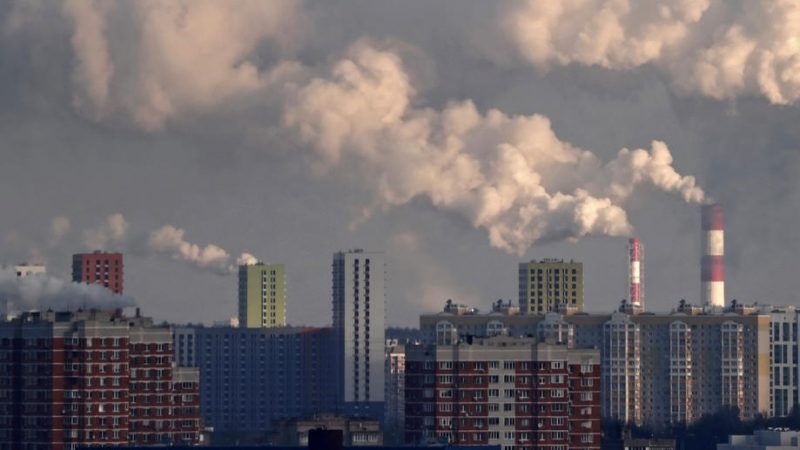
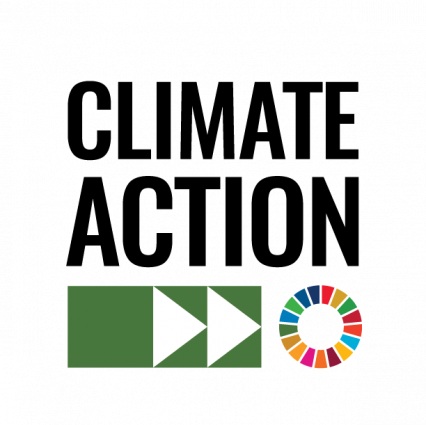
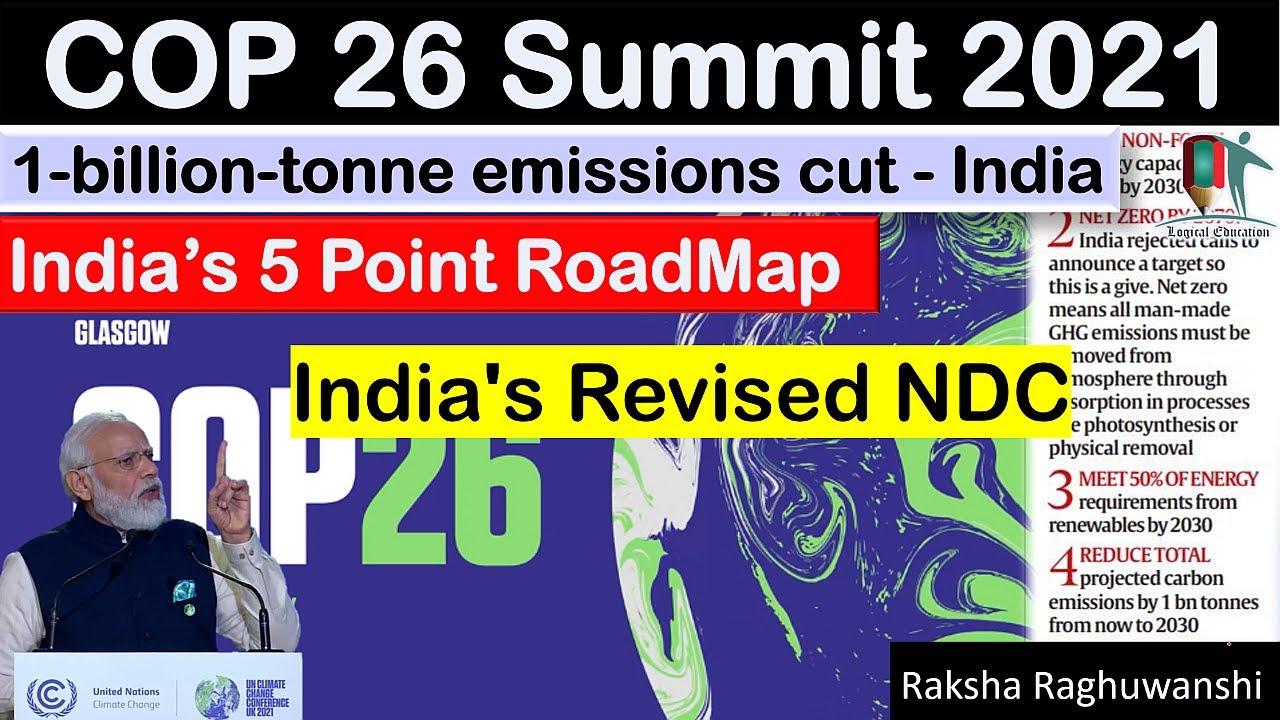
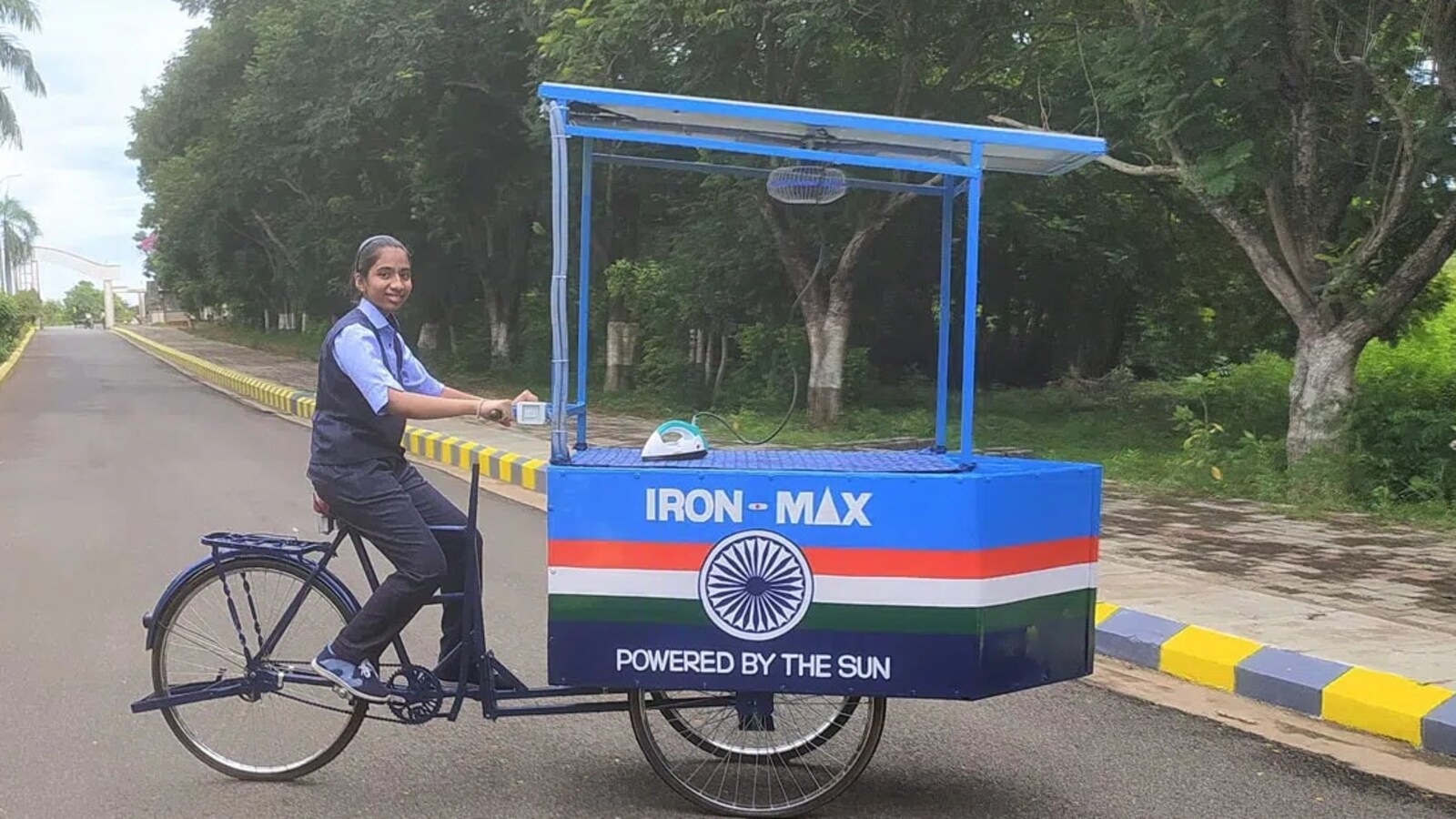
Vinisha Umashankar : Eco-Oscars for her solar powered ironing cart innovation
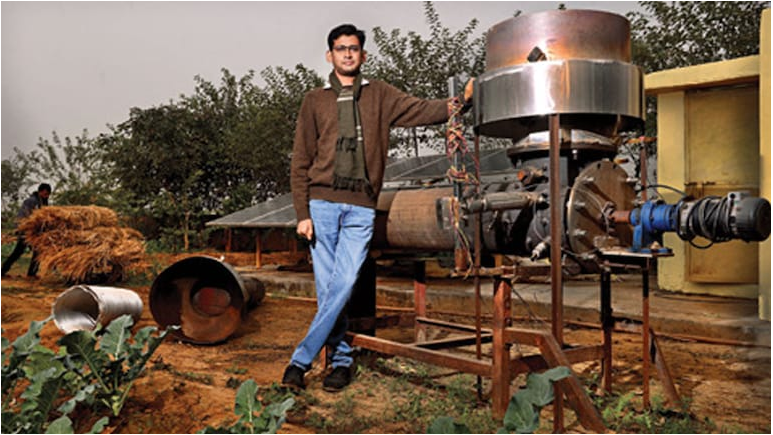
Vidyut Mohan, 30, Co-founder & CEO, Takachar, Delhi; (Photo: Chandradeep Kumar)
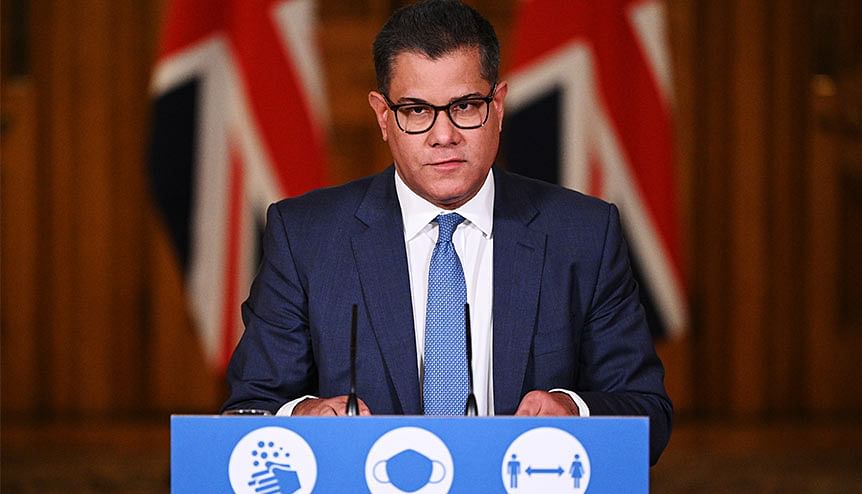
Alok Sharma is a British politician serving as President for COP26 and a Minister of State at the Cabinet Office since 2021. Resigning his previous position as Secretary of State for Business, Energy and Industrial Strategy in order to lead COP26, he retains full Cabinet status.
Sharma was born in Agra, Uttar Pradesh, India, and moved to Reading with his parents when he was five years old. He had a Hindu upbringing. ]His father, Prem was involved in Conservative politics in Reading, and became Chairman of the Berkshire area of Conservatives before helping to establish the Conservative Parliamentary Friends of India. Sharma was brought up in the Reading suburbs of Early and Whitley Wood and attended Presentation College, Reading Blue Coat School in Sonningand the University of Salford,from where he got graduated with a BSc in Applied Physics Degree with Electronics in 1988. He subsequently qualified as a chartered accountant, training with Deloitte Haskins & Sells in Manchester before moving into corporate finance advisory with Nikko Securities and then the Swedish SkandinaviskaEnskildaBanken, where he held senior roles based in London, Stockholm and Frankfurt. Sharma was an adviser to clients in the corporate and private-equity sector on cross-border mergers and acquisitions, listings and restructurings.
Sharma is also a Governor of a local primary school in Reading. Previously he served as a Chairman of the political think-tank the Bow Group's Economic Affairs Committee.Sharma was selected as the Conservative Party candidate for the Reading West constituency in 2006. He was elected as the MP for Reading West in the 2010 general election.In the 2015, 2017 and 2019 general election he was re-elected.
